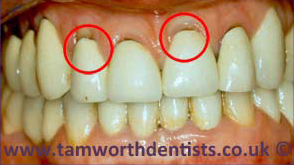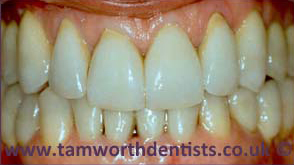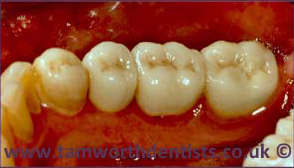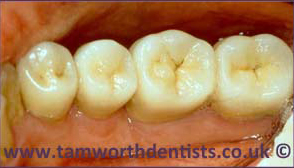Inflamed, Irritated, Bleeding Gums - Signs Of Gum Disease
Arrange Your Free Consultation With Our Specialist Today!
Whats Periodontal Disease?
Periodontal disease, more commonly known as “gum disease”, are the terms used to describe a disease that attacks your soft tissue and gums in your mouth.
Gum disease can be divided into two categories:
Gum Disease


What Are The Signs Of Gingivitis?
Some of the most common signs you may notice can be:
If you start to notice your gums starting to feel tender and swollen, it is always important to get it checked out by a professional as soon as possible. The earlier gum disease is spotted, the easier it will be to treat (and cheaper) and the less destructive the effects will be. One of the easiest symptoms to spot is bleeding – especially during flossing and brushing.
Please Note: if you ever notice bleeding when brushing or flossing, do not stop your oral hygiene as this will be helping to fight off any bacteria.
What Is Periodontitis?
Periodontitis is what will form if the initial stage of gum disease is left untreated. The term Periodontitis does mean “inflammation around teeth”. This stage is very severe as it can lead to teeth eventually falling out. At this stage, you may notice more symptoms:
Gum Disease


During the advanced stage of gum disease the bodies natural defence is for the gums to start to recede away from the infection – which is what loosens up the teeth, and eventually leading to tooth loss. The infection can grow along the gum line, causing the effects to spread to your whole mouth. Not only will the gums be effected, but it also attacks the supporting bone which can lead to bone loss, meaning it could effect the chance of having dental implants at a further date.
How Does Gum Disease Start?
These are some of the reasons that may lead to gum disease:
When tartar has formed on your teeth, conventional brushing will not be able to tackle the bacteria, and a professional hygiene visit will be required.
Please Note: regular hygienist visits are recommended each year.
What To Do If You Think You Have Gum Disease
If you believe you may have gum disease call us and book your consultation today.
"*" indicates required fields
